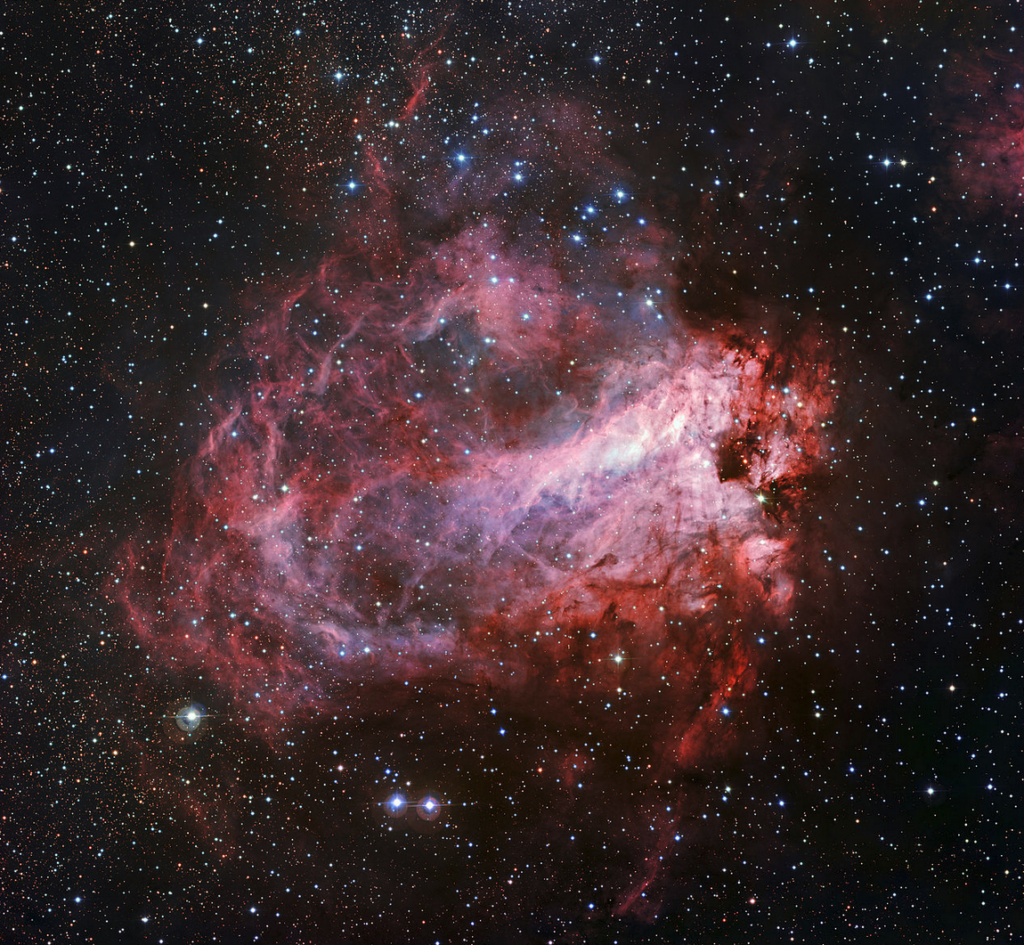
I have an interesting history with science. My earliest science memory was being in year 7 chemistry class. We were dealing with very diluted acids and I managed to spill some all over my then boyfriend’s crotch and stained his jeans. It’s one of those things that still haunts my thoughts many decades later. In high school we had physics class, and the teacher let everyone cheat because the majority of the class was on the football team and he was the coach. I didn’t learn much there.
It wasn’t until I was well and truly out of school that I found science interesting. There was no one to spill acid on, and no burly jocks to peer over my shoulder and steal my (probably wrong) answers. Using science to look backwards, and look forwards, makes the present seem less binding. There are endless possibilities of things that could have happened, and what will happen, and we don’t know all there is to know about either.
I have a degree in History, and by proxy got really interested in archaeology. I had no interest in getting dirty or climbing in any holes, but it always seemed like magic to me when someone could pick up a shard of pottery and somehow know it was Roman and what time period it was from. It’s fascinating to see physical manifestations of the past. So much of the social side is guesswork, but so much of the rest is science as well.
Simultaneously, it’s amazing to see manifestations of the future. There was a time when the vastness of space kind of depressed me. It made me feel insignificant. But I’ve flipped my stance in recent years. It’s amazing to feel insignificant. My problems aren’t anything in the scheme of things. There are other universes out there waiting to be discovered, and theories of physics that people are seemingly pulling out of thin air.
I’m currently reading Thomas Kuhn’s “The Structure of Scientific Revolutions”. It was written in 1962 but still holds a lot of truths. He explains the reasons why someone might be interested in science: “Among them are the desire to be useful, the excitement of exploring new territory, the hope of finding order, and the drive to test established knowledge.” What’s more human than the appeal of community, novelty, order, and questioning the status quo?
We stop progressing as soon as we lose the drive to explore. Looking backwards and looking forwards are two ways to get context on where we are now. Advances in science and technology clearly mean there are more things we don’t know yet, and that can be a comfort in itself. As bad as some things seem, if we stay curious it means we have hope that there’s more out there for us.